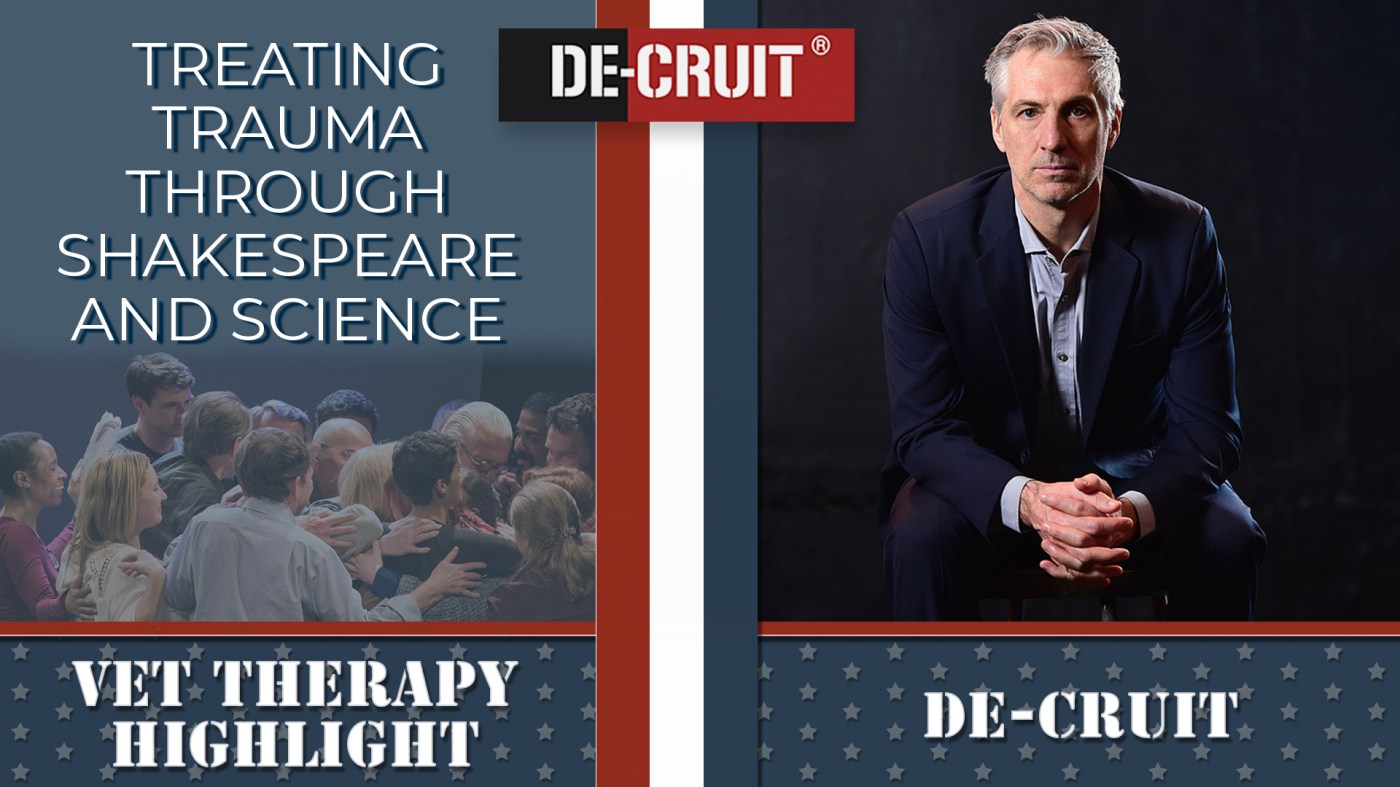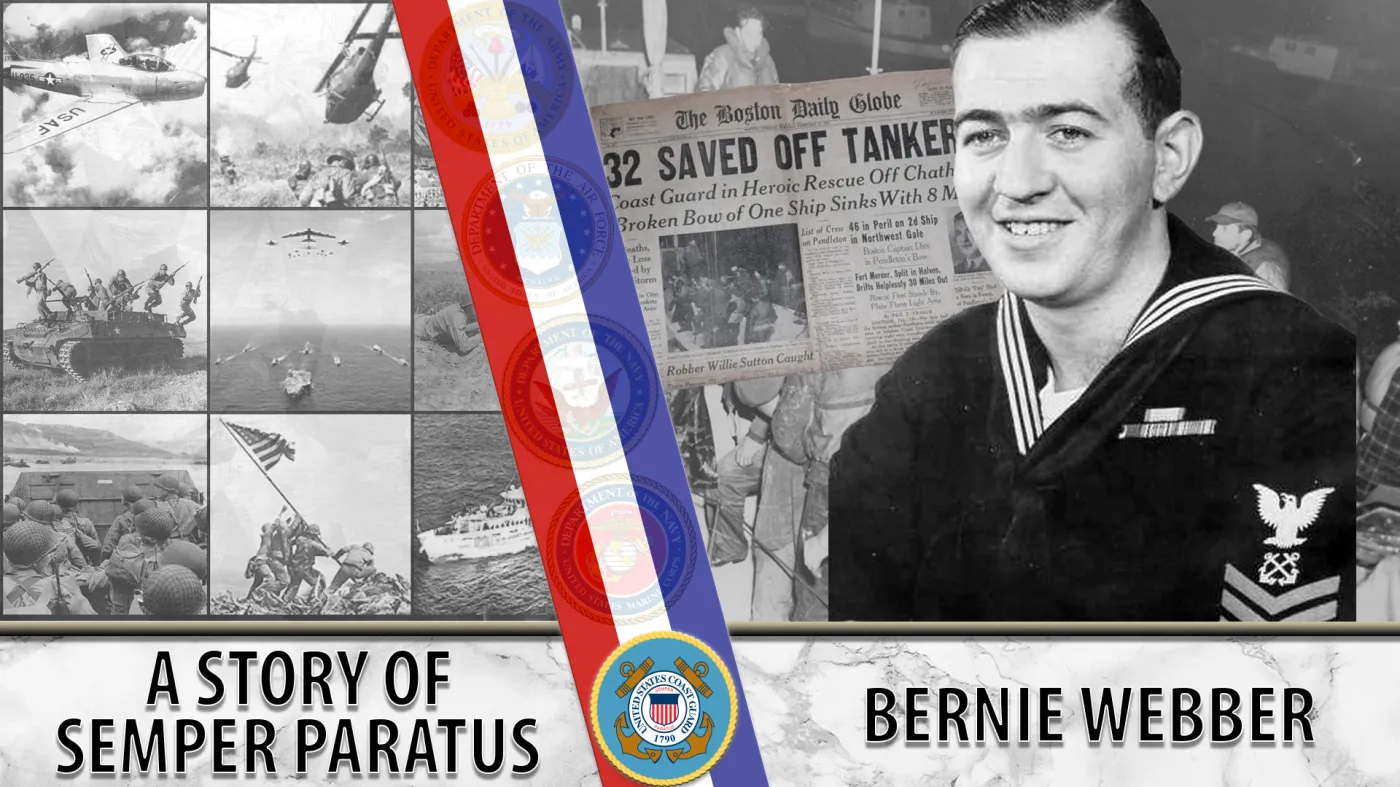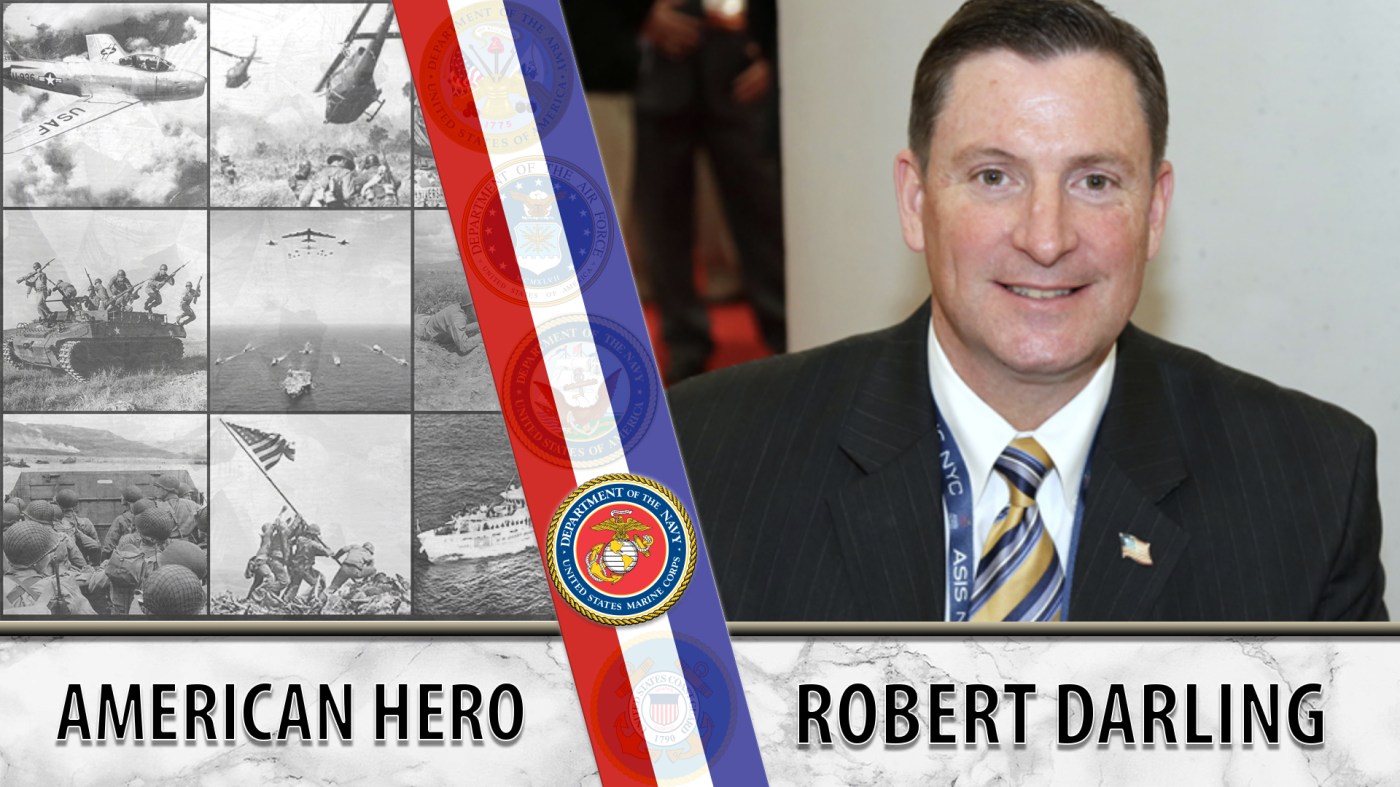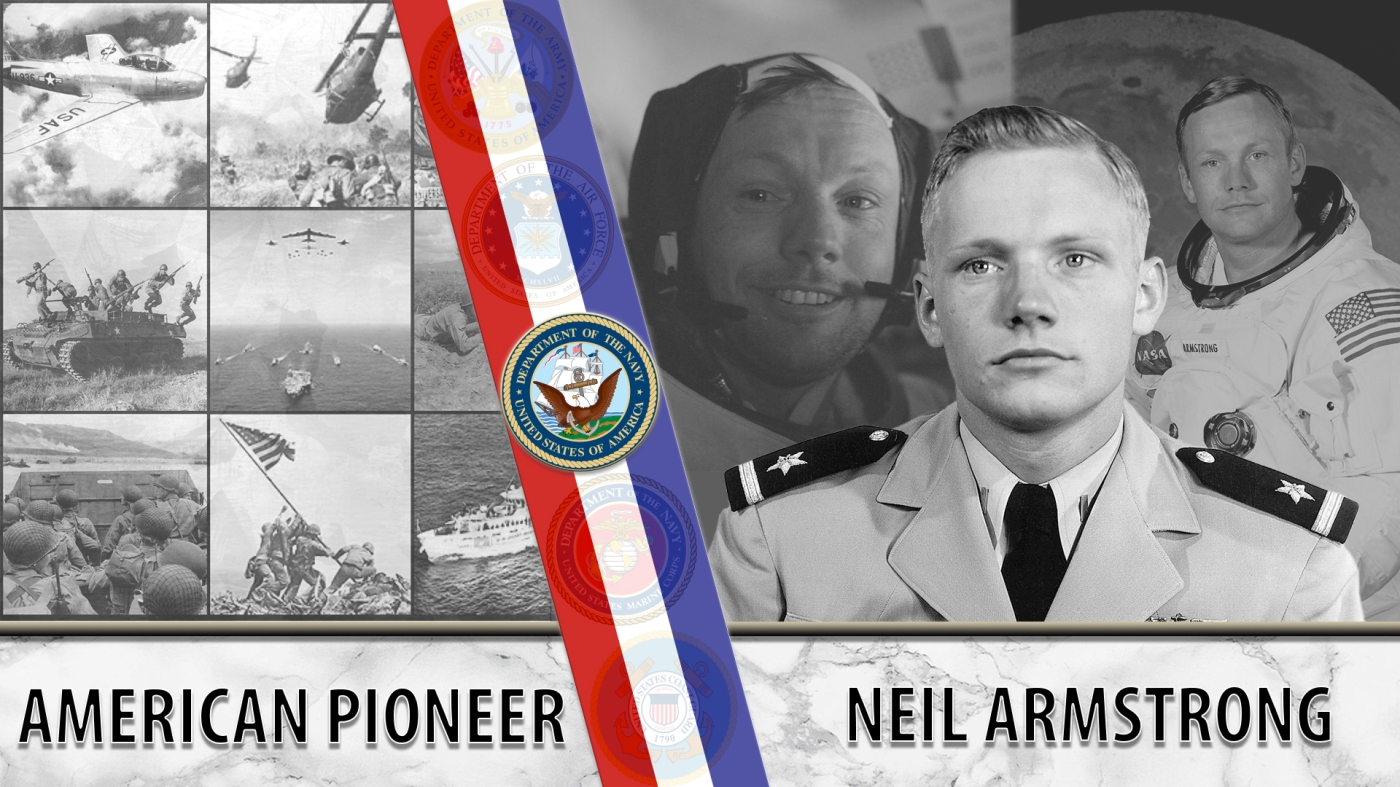
De-CRUIT is a Veteran therapy program founded by Stephan Wolfert that uses Shakespeare to help Veterans work through traumas.
Stephen Wolfert, founder and “patient zero” of De-CRUIT, has often said that it’s necessary for others to know his personal story to understand the purpose of his organization. After seeing two of his friends commit suicide and his best friend/comrade fatally wounded in a training exercise, Wolfert traveled the country to gather his thoughts.
He found himself in Montana, in a playhouse theater for the first time in his life. As the lights dimmed, an actor dressed as a Veteran walked on stage, looked at the audience and began to tell a story. “Now is the winter of our discontent…” the Veteran said. Through Shakespeare’s words, Wolfert heard his own story. His emotions overwhelmed him.
After watching the play, Wolfert felt shaken. It was the early 90s when he had left the military at 24 for graduate school in acting/theatre. It was there that he realized he wasn’t like everyone else in his class. He reacted differently when a helicopter passed by or a truck made loud noises outside. Those everyday events brought back his memories of war and the traumas that accompanied them.
That’s when Wolfert realized many young adults – at a very young age like himself – were recruited and drafted into the military to have their brains wired for war – but that they were never unwired after leaving. He believed that, if a recruiter could prepare incoming soldiers for the military, then there should be a “de-cruiter” to prepare them for a return to civil society after service. That’s why he created De-CRUIT: a nonprofit organization aimed at unwiring Veterans’ brains for combat and reintroducing them to society armed with the words and plays of Shakespeare.
Why Shakespeare?
Wolfert explains that many of Shakespeare’s plays are filled with Veterans, wars and traces of what would become known as PTSD. And who better at connecting Veterans to theater with an expression of story than Shakespeare? He also says that one of the major themes is examining the Veteran perspective from trauma-informed lens. Characters throughout Shakespeare’s work, such as Richard III and Margaret, Falstaff from Henry I, and Lady Percy from Henry IV, experience similar difficulties U.S. Veterans in real life go through: homelessness, PTSD and disconnection between combat life and civilian life.
As a nonprofit aimed at healing as many Veterans as possible, De-CRUIT’s main goal is to be a transferable model. Veterans come in to not only be transformed themselves but are also equipped to teach it to other Vets. Because this program is free for all Veterans, all it requires is a commitment from both the Veterans and the community they live. The latter is key: healing Veterans should become a community effort and not just the responsibility of one individual.
Through the help of Shakespeare, Wolfert and De-CRUIT are helping Veterans understand their trauma and work through it on the big stage. For more information, visit https://www.decruit.org/.
Fact Checker: Brett Raffish
Graphics: Michelle Zischke
Topics in this story
More Stories
Bernie Webber led one of the greatest Coast Guard rescues in history that was later chronicled in the book and movie, “The Finest Hours.”
As the events of 9/11 unfolded, Marine Veteran Robert Darling served as a liaison between the Pentagon and Vice President Dick Cheney in the underground bunker at the White House.
NASA astronaut Neil Armstrong was the first person to walk on the moon. He was also a seasoned Naval aviator.







DeCruit Three years ago I participated in a DeCruit program. The group consisted of 13 veterans including males and females, combat Vets and non-combat Vets, and included a good cross section of experiences ranging from Vietnam through the Persian Gulf to Afghanistan and Iraq. We began the session with a great deal of skepticism regarding any relationship between our varied military backgrounds (Army, Air Force Navy and Marine), and Shakespeare. Then Stephan took over. As the sessions progressed there were times some of the participants literally unloaded their pent-up baggage and other participants along with Stephan responded with how they dealt with similar situations. The program became at times quite intense. In the very beginning it was mutually agreed that whatever was said in that room stayed in that room. In the end I believe it helped a lot of the participants and I would strongly recommend the program to any Vet dealing with PTSD, whether or not they have been officially diagnosed.